Imagine you are working on a puzzle. You pick up a piece to fill a missing spot, but there’s just one problem: it doesn’t fit. No matter how you try to rearrange the piece, it isn’t the right one.
Is the puzzle wrong, or is the piece broken? Not at all.
It just wasn’t the right piece for that spot.
You might question the sanity of anyone who kept trying to fit a puzzle piece in the wrong spot, yet the same thing happens in the hiring process all the time.
You come across a competent, talented, and motivated applicant. They sell themselves, checking every box on your list, so you hire them, train them, and put them to work.
Six months later, they’re offering up more excuses than new business. Their performance is underwhelming, and you end up letting them go.
What went wrong? Did you choose the wrong person? Not always.
Underperformance is not always a sign of incompetence. It may be a sign of a bad fit between the salesperson and their role.
Sales competence is not a monolith. It’s not easy to draw direct comparisons between salespeople because their performance is impacted by so many factors. Territory, market demand, and training all play into the ultimate performance of a salesperson. Measuring performance without consideration of these factors doesn’t give you the full picture.
Hiring the best is not just about finding “good” salespeople. The goal is to identify an applicant who thrives in a specific industry, territory, and role.
So how do you ensure you hire the best person for the job? Here’s our advice:
1- Have a clear goal post.
It is critical you enter the hiring process with clear expectations. You may not be able to settle on an exact number of closed deals or revenue, but it’s important to determine a realistic definition of success for your new hire.
Take into account external factors when making this assessment. You should determine a specific growth objective for each salesperson and territory. Using a standard assessment system across your entire team discourages those in difficult territories while disguising underperformance in bountiful territories.
2- Establish a sales system.
Your team will maximize its potential with a system in place to support their efforts. This system should set projections, track sales performance, and form the foundation of your sales strategy.
A sales system enables you to assist your team and make adjustments when issues or opportunities arise. An effective sales system enables an effective team.
Without one, you just have a pile of pieces with no vision of a finished puzzle.
3- Communicate your expectations.
Your job as a leader is to assist your team and assess their performance. It’s important your expectations and priorities are communicated to each salesperson.
This provides them a clear set of objectives and success benchmarks. This is most important when separating true performance from the influence of outside factors.
Encourage feedback from your team on the goals you set. Remember, conditions on the ground may be far different from your assessments, so be willing to listen to their input.
Want to learn more about hiring the best salespeople and building a strong sales system? You’ve come to the right place!
The Sales Arbiter team builds highly-profitable sales teams for businesses of every scale and industry. We energize your sales force with effective training, improved systems, and expert coaching.
Take your first step on the road to sales success by contacting us TODAY!











